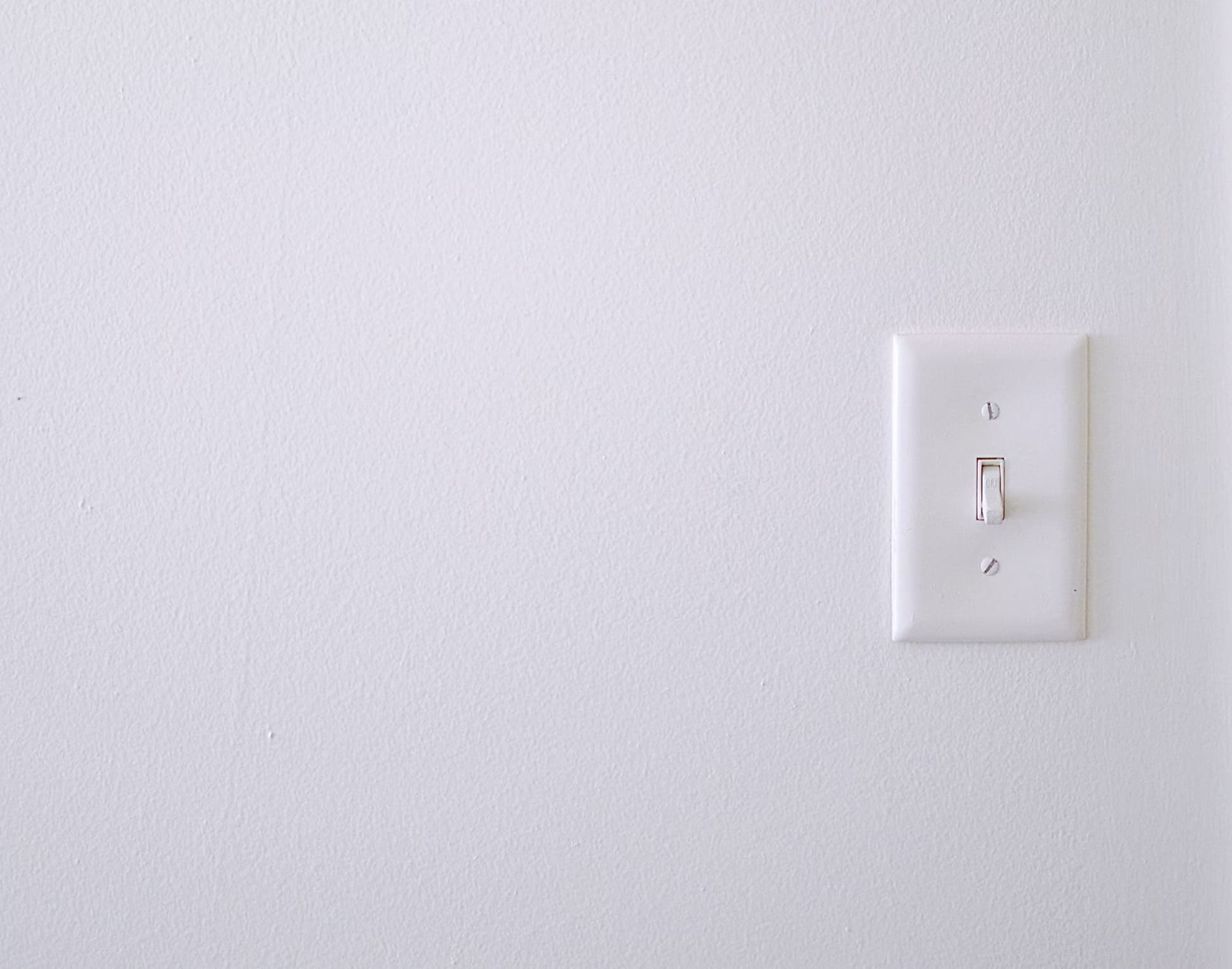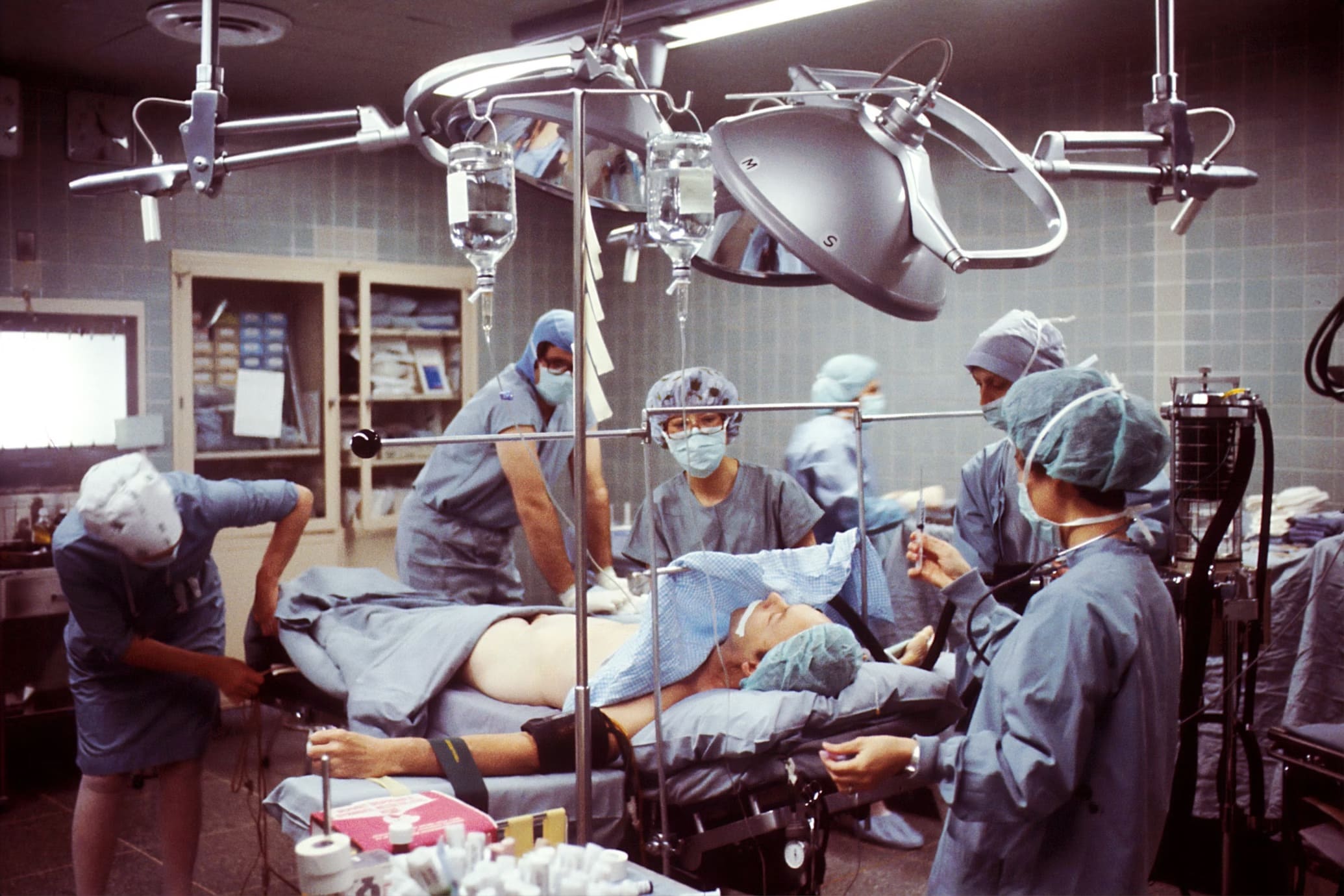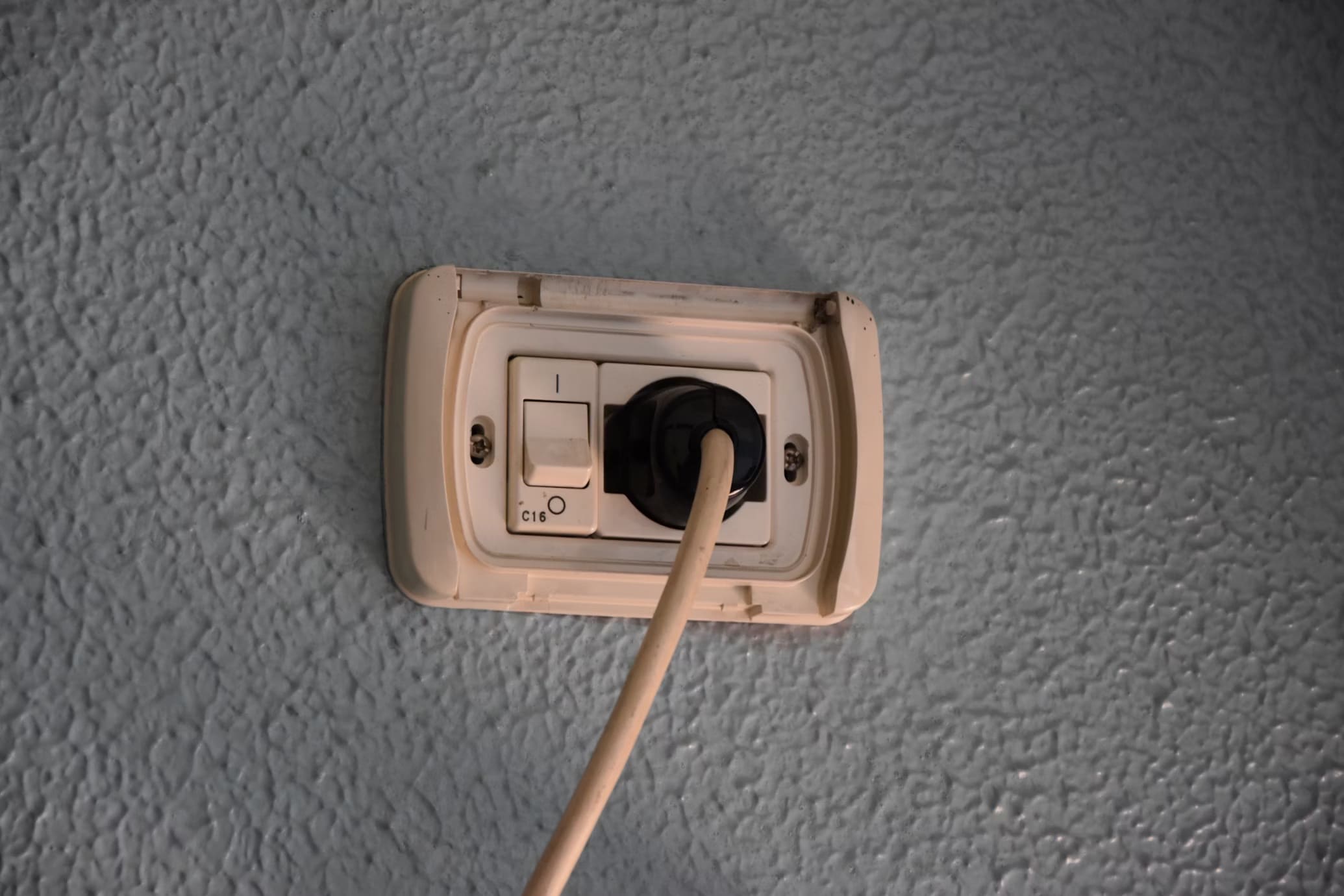EU Directive on Electromagnetic Compatibility 2014/30/EU
Electrical equipment supplied to the countries of the European Union must comply with the requirements of Directive 2014/30/EU on electromagnetic compatibility. This is a regulated obligation for all manufacturers, importers and suppliers of such products. To officially enter the EU market, it is necessary to undergo a conformity assessment procedure, which confirms that the product does not create electromagnetic interference and is resistant to its effects.
Successful completion of the conformity assessment procedure allows you to obtain a CE certificate - an official confirmation of compliance with EU requirements, which opens the way for legal marking of products and their free circulation on the European market.
Why is it important to obtain a CE certificate?
It allows you to sell goods in EU countries.
Increases confidence in products among consumers and partners.
Ensures legal compliance with European legislation.
The Factum Conformity Assessment Center takes over the full support of the process of assessing the conformity of your products to the requirements of EU technical regulations. We help to go through all the stages, provide proper preparation and provide advice so that your products meet the high standards of the European market.
About Directive 2014/30/EU
Directive 2014/30/EU, adopted by the European Parliament and the Council of the EU on February 26, 2014, regulates the electromagnetic compatibility (EMC) of electrical appliances, defining requirements for their impact on the environment and other devices. In Ukraine, the requirements for electromagnetic compatibility of products are regulated by the technical regulation on electromagnetic compatibility of equipment, which ensures the compliance of national standards with European requirements. The purpose of the directive is to ensure that electrical equipment entering the EU market does not create electromagnetic interference and is resistant to it. It also ensures a level playing field for all manufacturers by regulating uniform standards for all EU countries.
Which devices does Directive 2014/30/EU apply to:

Electrical appliances and equipment powered by AC or DC power

Consumer electronics (televisions, computers, audio and video equipment)

Professional electronic equipment (industrial machines, measuring instruments, medical equipment)

Other devices that connect to electrical networks or use electromagnetic waves to function.

Requirements of Directive 2014/68/EU
-
Electromagnetic safety
The device must not create excessive electromagnetic interference and must be resistant to external EMF.
-
Conformity assessment
The manufacturer must carry out internal production control or involve a notified body, if provided for.
-
CE marking
After confirming compliance, the equipment must be marked with the CE mark.
-
Technical documentation
Includes test reports, diagrams, description of operation and risk assessment.
-
Risk reduction
It is necessary to apply technical solutions that prevent the impact of EMF on other devices.
-
User information
Instructions must contain operating rules that avoid electromagnetic interference.
Main requirements:
- All electrical appliances must comply with established technical standards and not create electromagnetic interference.
- Manufacturers must undergo a conformity assessment procedure to confirm compliance with the requirements of the directive.
- Products must be designed in such a way as not to disrupt the stability of other electronic devices with which they interact.
- Products must be marked with conformity marks, indicating their compliance with EU requirements.
CE marking is proof of compliance with EU technical regulations and a prerequisite for legal sale in Europe
In order for electrical equipment to be sold on the European Union market, it must comply with the requirements of Directive 2014/30/EU on electromagnetic compatibility.
CE certification includes several stages:
- determination of applicable technical regulations and standards;
- conducting electromagnetic compatibility tests;
- preparation of technical documentation;
- drawing up a declaration of conformity;
- application of CE marking.
After successful completion of all stages of certification and confirmation of compliance with EU requirements, a European CE certificate is issued. This certificate allows the manufacturer to mark products with the CE mark and bring them to the European Union market, guaranteeing their safety and compliance with European standards.
FACTUM - reliable support on the way to certification
Factum provides full support for the process of assessing the conformity of your products to the requirements of technical regulations and standards of the European Union. We work in close cooperation with authorized partners, which guarantees the accuracy and reliability of each stage.
Our advantages:
Flexibility and individual approach
We understand that every business has its own specific needs. Therefore, we offer an individual approach to each client, taking into account the specifics of your products and the market.
Support at all stages
Our specialists provide the necessary consulting support and help in solving all issues that may arise.
Guarantee of compliance with European standards
We have a deep understanding of the requirements of EU legislation and certification standards, which allows us to accurately adapt your products to market requirements.
Transparency
We strive to ensure that each stage of certification is clear and transparent for our clients: we explain each stage, inform about the current state of affairs and provide clear guidelines for further actions.
Technical and documentary accuracy
We pay special attention to technical requirements and documentation to ensure maximum accuracy and compliance of all processes.
Obtaining CE certification opens up opportunities for entering European markets, contributing to increased competitiveness and confidence in your products. With the support of Factum, you get qualified assistance at every stage of the process, which ensures accuracy, efficiency and compliance with European requirements.